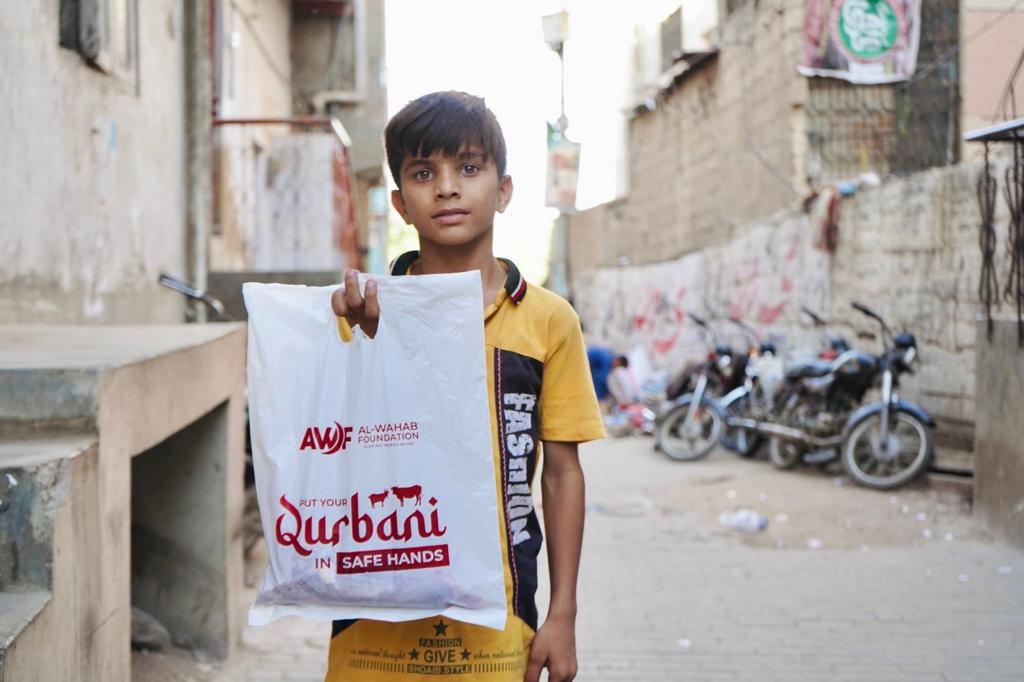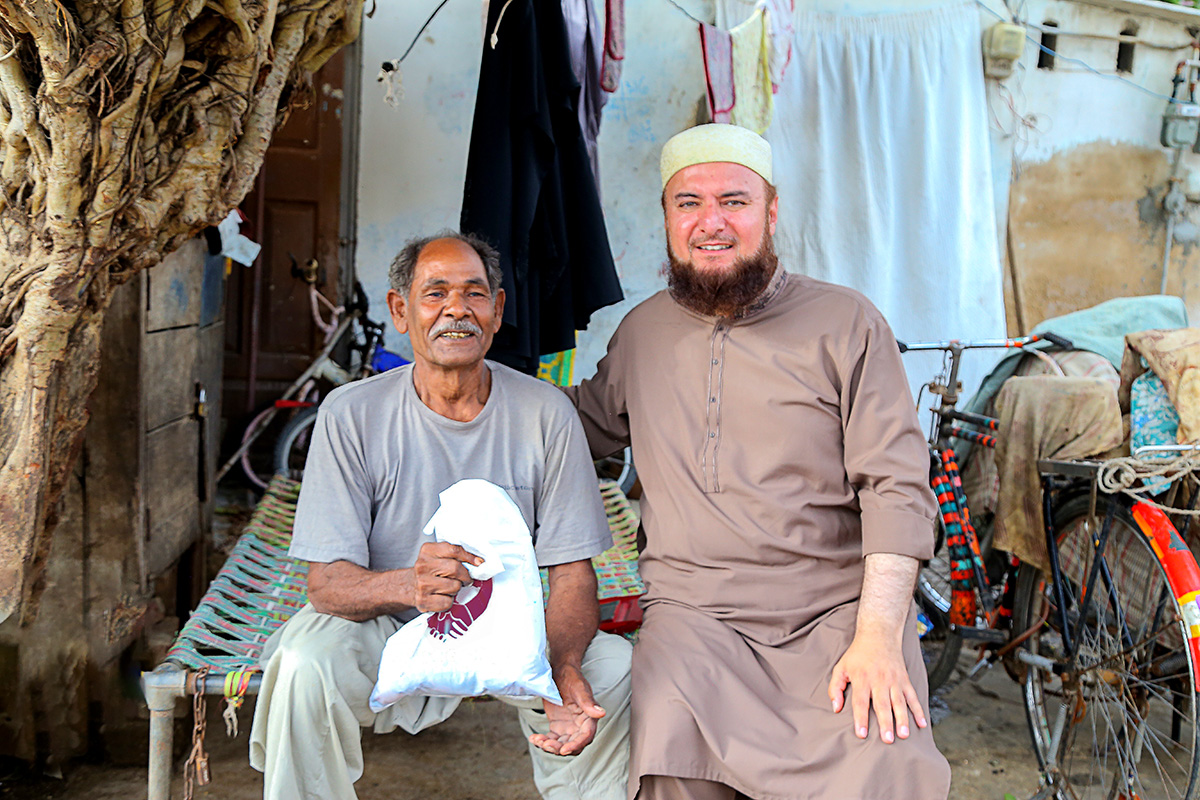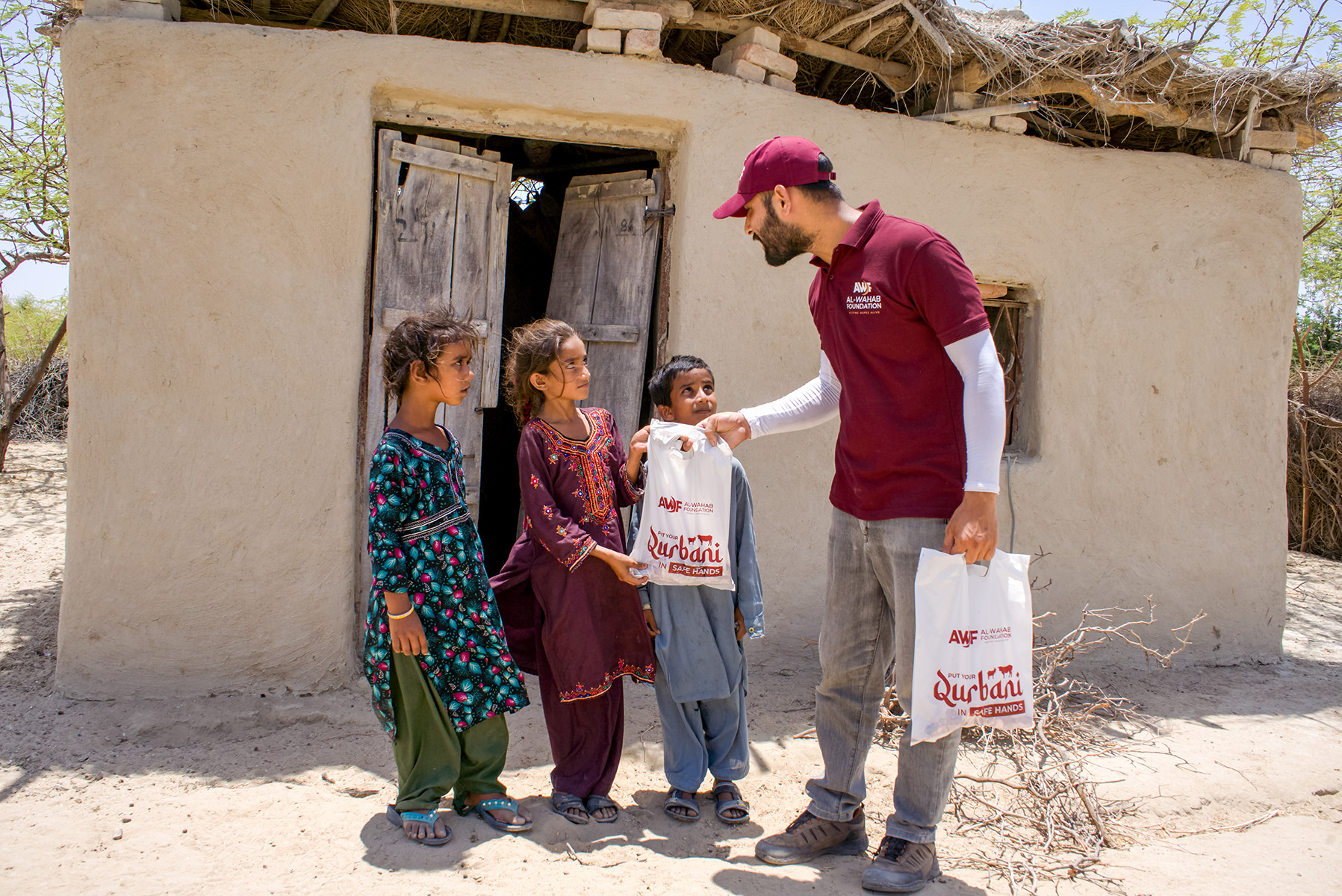Eid Al-Adha, also known as the Festival of Sacrifice, is an important religious celebration observed by Muslims worldwide. This auspicious occasion is marked by various customs and traditions, with Qurbani (animal sacrifice) being a central aspect. This Eid falls on the 10th day of Dhul-Hijjah, the final month of the Islamic lunar calendar. It is a time of reflection, gratitude, and generosity. Muslims around the world participate in prayers, exchange greetings, share meals, and engage in acts of charity like donating Qurbani to earn multiple rewards during this joyous occasion.


What are the Rules and Guidelines for Qurbani?
Before you perform Qurbani this Eid Al-Adha, it is essential to observe the Islamic Shar’iah rules that apply. We’ve listed the most important ones below:
- On Whom is Qurbani Compulsory?
it is obligatory for financially stable adult Muslims who are eligible for Zakat, ie. they possess the minimum wealth amount after all their expenses have been paid. This is called Nisab. Those who meet this criterion should fulfil this religious duty. - What Makes an Animal Suitable for Sacrifice?
The animal for Qurbani must be in good health and free from any defects that would render it unacceptable for sacrifice. It should meet the age and species criteria specified in Islamic guidelines. Sheep and goats need to be at least a year old and cows and camels should be at least two years old. - When Should Qurbani be Performed?
It can only be performed on the three days of Eid Al-Adha – from after the Eid prayer on the 10th of Dhul Hijjah, until sunset on the 12th of Dhul-Hijjah. It is recommended to perform the sacrifice as soon as possible during this period. - How Should Qurbani Meat be Distributed?
The meat from the sacrificed animal is divided into three equal parts: one for the person performing and for their immediate family or household, one for friends, relatives and neighbours and the remaining portion for those in need. Sharing the joy and blessings of Eid with others is an essential aspect. - Can the Act of Qurbani be Performed on Behalf of Another?
Yes. In these times and especially for city dwellers it would be difficult to perform ourselves. Individuals may choose to charitable organisations that carry out the sacrifice and distribute the meat on their behalf. - What are the Ethical Considerations when Performing Qurbani?
During Qurbani, it is crucial to uphold ethical practices, ensuring that the animal is treated with kindness and respect throughout the process. Islam emphasises mercy and compassion towards all creatures, and this should be reflected in the treatment of animals before and during Qurbani. Animals should be well cared for before sacrifice and should not be slaughtered in front of other animals. The knife used should be sharp and unnecessary suffering should be avoided.
This Eid Al-Adha Donate Your Qurbani to Al-Wahab Foundation
As we approach Eid Al-Adha, we need your support. Donate to our Qurbani project and the meat from your sacrifice will reach those most in need. Your donation allows us to purchase sacrificial animals and distribute the meat to people who are suffering from food poverty. With your support, we can provide much-needed food assistance to families and individuals who do not have access to other sources of protein, and who rarely eat meat.
Join us. Together we can make a positive difference in the lives of families who struggle every day to put food on the table. We’re counting on your support again this year. Donate to our Qurbani project to share the joy of Eid Al-Adha and foster unity amongst all Muslims.
To donate, on Visit Our Website or call us at 020 8903 8944.


